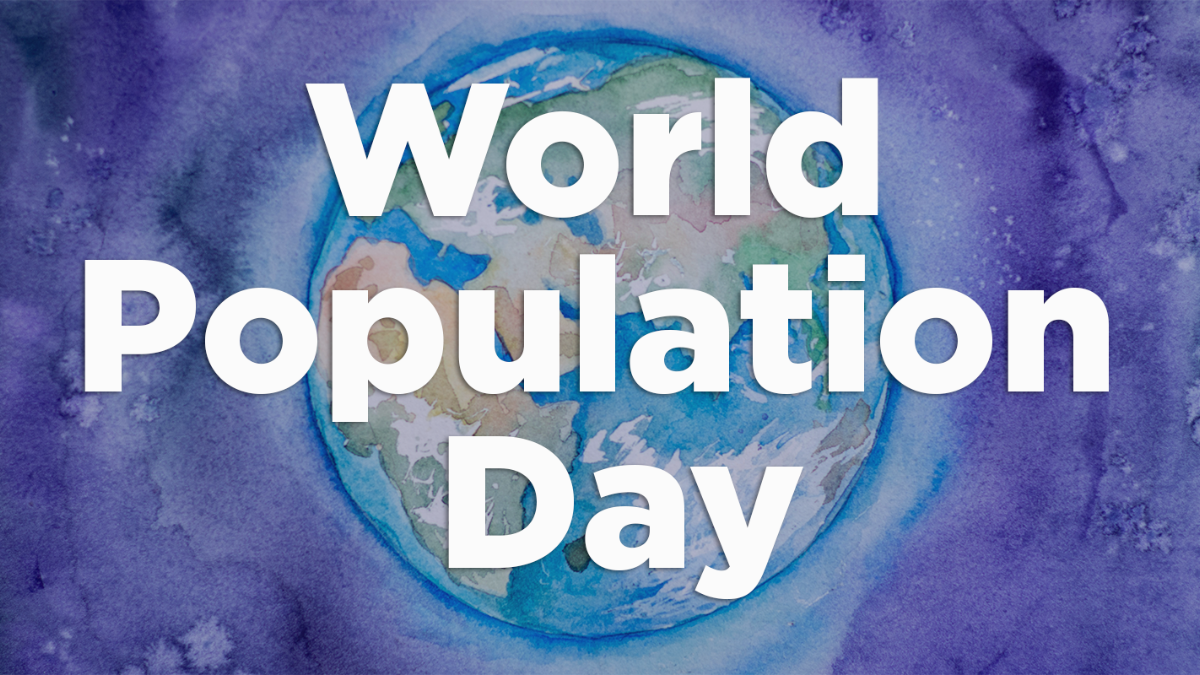
Dear colleagues:
Greetings on this World Population Day! At FP2030, we are celebrating the power of women and girls to choose their futures to pursue an education, join the workforce, and lead our communities and nations.
We are also celebrating the partnership that we have built together, as it was World Population Day 2012 at the London Summit on Family Planning that FP2020 (now FP2030) was born.
This partnership was founded on the belief that people everywhere have the right to determine their own destinies and to participate fully in society — and that planning their fertility is fundamental to achieving that equality. At a time when investment in family planning was lagging, leaders at the Bill & Melinda Gates Foundation and in the UK Government knew that if governments, donors, and nongovernmental organizations committed to one another to invest in family planning — ensuring more options, stronger programs, more muscular advocacy networks — we could accelerate progress.
And, ladies and gentlemen, that is exactly what happened. More than a decade later, we estimate that 379 million women in low- and lower-middle-income countries are using modern methods of family planning, according to our preliminary estimates for 2023. That’s more than one-third of all women of reproductive age in those countries and is 95 million more than when we started. We know this because of the investments we’ve made in a stronger monitoring program, a results framework that arms policymakers and program leaders with annual estimates so they can make better decisions.
On this World Population Day, and ahead of Women Deliver, the global gathering for gender equality in Rwanda next week, I am thinking of 1 billion women of reproductive age and their potential, and their children’s potential. I am recommitting myself to listening to their voices: What are they asking us to do? How can we support the work they are already doing?
But mostly I’m thinking about what this past decade has taught us: that when we center people, especially women, when we center rights, when we invest in family planning, we can change the world.
Onward!
Dr. Samukeliso Dube
P.S. Please look for our dispatches from Women Deliver, where we will be leading conversations about how we create an intersectional family planning movement, with equity at the core.